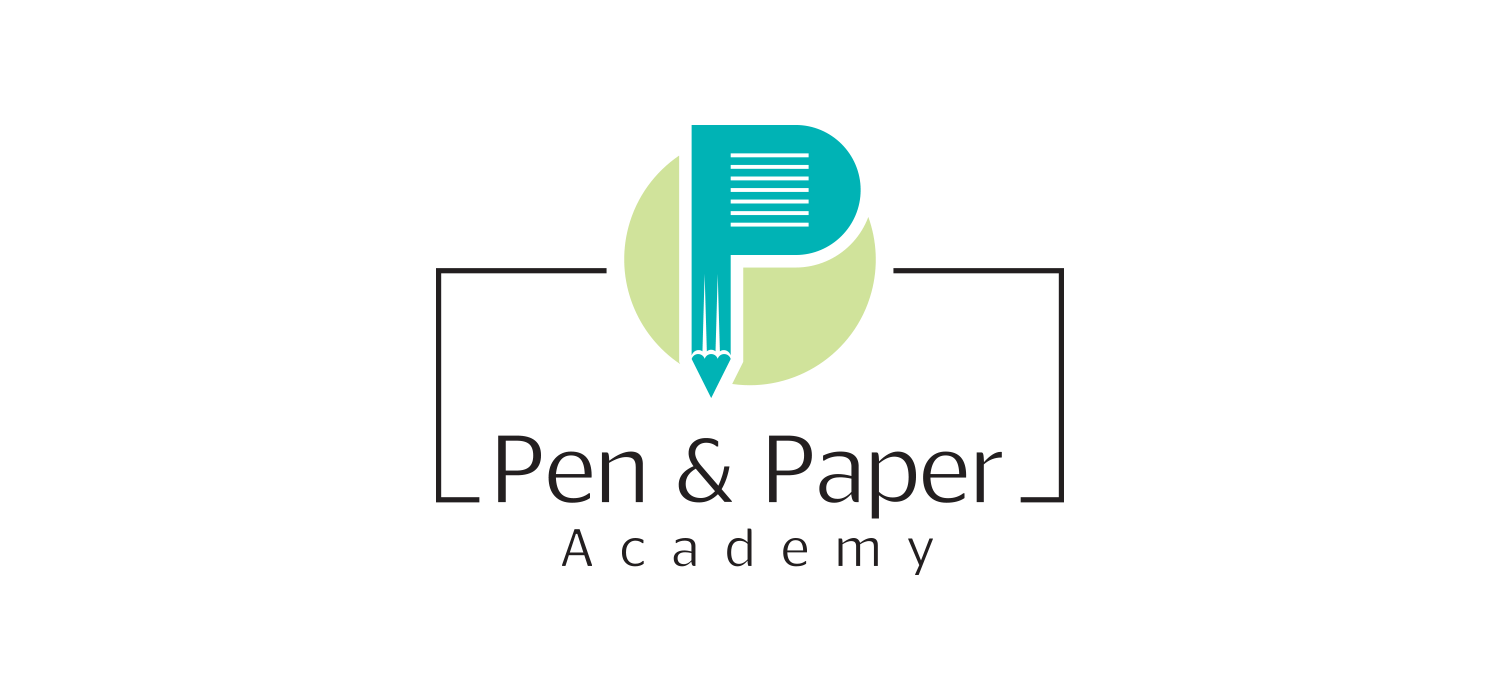Awarded by Brittany University, France
This degree combines a functional, sector or industry-based specialisation underpinning a generic business management curriculum. It will equip successful students with the requisite knowledge and understanding to conduct modern business and allows them to pursue the demands of a specific industry or topic area within the holistic framework of business administration
Awards to be conferred
- BA (Hons) in Business Administration from Brittany Université – view sample certificate
- BA (Hons) in Business Administration Titulo Propio from UCAM – Universidad Catolica San Antonio de Murcia – view sample certificate
Aims
The programme aims to provide students with:
- An in-depth understanding of business theory
- The ability to apply business theory in a variety of business situations
- Tasks and challenges that develop key transferable skills essential to a career in business and management
- The skills and underpinning knowledge necessary to evaluate dynamic business situations and find effective and workable business solutions
- Key transferable skills essential to a career in business and management
Programme Learning Outcomes
- Knowledge and Understanding of:
- The business environment in which managers operate
- The application of business concepts and tools to specialist aspects of business
- The development of business strategy within a European and International context.
- Application:
- Apply business concepts to a range of specific organisational scenarios
- Synthesise appropriate solutions to complex business problems
- Evaluate the effectiveness of business activity
- The skills necessary to:
- Analyse operational situations and devise approaches that may improve performance of the business aspects of an organisation
- Generate ideas for new business activity and evaluate the feasibility of those ideas
- Evaluate the business environment and make judgements as to how business activity might be adjusted to respond to those changes
- Act independently in constructing own learning models, plan and undertake tasks, and accept accountability for own learning decisions
- Identify accurately those issues which require research, and apply appropriate methodologies using a variety of sources.
- Deploy the following transferable skills:
- Communicate in writing appropriate for specific academic and professional audiences
- Reference all source materials consistently and accurately using the Harvard referencing system
- Present effectively for specific academic and professional audiences
- Productively use appropriate information and communications technology
- Work independently
- Problem solving skills
- Research skills and the use of modern online electronic sources and databases
- Manage time and prioritise workloads
Assessments
Assessments are based wholly on course work, assignments and a work-based report submitted by learners.
Learners will have to do a Research Project with a total word count of 7,000-8,000 words after the completion of the 4 taught modules.
Entry Requirements
- Applicants for this Final year Top-Up programme will be expected to have 240 UK credits or 120 ECTS credits equivalent to 2 academic years of study OR
- Completion of LEB’s Level 4 Extended Diploma and Level 5 Higher Diploma.
- Demonstrate English language proficiency in order to participate in the programme taught in English
Advanced Standing/ Exemptions/ Credits Transfer (APL)
Consideration for the above for students admitted onto the programme may be considered either at the beginning of a programme, or beyond the beginning of a programme, through an assessment of that student’s prior learning, whether certificated or un-certificated. The process for making such a decision is known as the Accreditation of Prior Learning (APL) is a matter of academic judgment exercised by the appointed panel considering applications and approvals of APL.
Where cohorts of students are to be admitted with advanced standing on a regular basis, the arrangement should be subject to an Academic Progression Agreement.
Programme Structure
The Top Up BA (Hons) in Business Administration consist of 4 taught modules each accruing 10 ECTS credits and a Research Project of 20 ECTS credits totaling 60 ECTS credits.
The four Common Core Modules has 10 ECTS credits each for
- Business Planning
- Strategic Management
- International HRM
- Business Innovation
The Research Project has 20 ECTS credits
- For the BA (Hons) in Business Administration – a Research Project on Business Administration or Management
- The Research Project can be started after completing the 4 Common Core Modules
Mode of Delivery
Blended Delivery Mode
| Self-Instructional Learning Material | Face to Face Tutorials | Online Discussions |
| Students are given a complete set of learning materials to facilitate independent study which can be downloaded from the designated Learning Portal. | Face-to-Face classes conducted at a learning centre at 12 hours per module. | Learners are encouraged to participate in online discussions with other learners and their tutors for at least 18 hours per module. |
Fully Online Mode
| Self-Instructional Learning Material | Online Discussions |
| Students are given a complete set of learning materials to facilitate independent study which can be downloaded from the designated Learning Portal. | Learners are encouraged to participate in online discussions with other learners and their tutors for at least 18 hours per module. |
Location
For the Blended Mode please Contact Us to find an Approved Learning Centre near you
For the Fully Online Mode please enrol now to sign up for the next available intake.
Notional Hours
Notional hours are defined in terms of the amount of time it should take a learner to achieve the learning outcomes. Each ECTS credit requires on average 20 notional hours of a learner’s time
Guide to Learning Hours / Student Learning Time
This Level 6 Programme accrues 60 ECTS credits spread over 4 modules and a Research Project or 1,200 notional hours in total. The programme can be completed in 10 months
